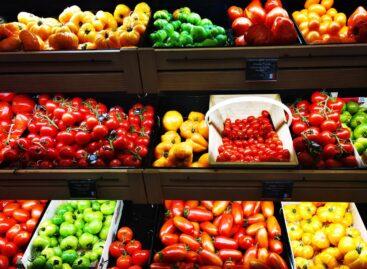Next year will bring changes in the environmental protection product fee rules
As of 1 January 2018 the act on the environmental protection product fee will be amended again. An analysis by MAZARS has revealed that the new changes are primarily entailed by the European Union’s Waste Electrical and Electric Equipment Directive (WEEE Directive). As part of the changes, the system of category groupings will be abolished, and the product fee will also be standardised at HUF 57/kg; this means that the fee on consumer electronics (formerly HUF 114/kg) and mobile phones (formerly HUF 304/kg) will be much lower than before. Dóra Kardos, tax manager of MAZARS informed us that the environmental protection product fee on commercial aluminium packaging material (e.g. drink cans) will also drop from the present HUF 304/kg to HUF 57/kg. The fee on paper advertising material will increase from the former HUF 85/kg to HUF 114/kg. For in-store plastic bags and sachets the formerly HUF 57/kg fee will be replaced with a HUF 1,900/kg tax. //
Related news
Romania Extends Food Price Cap, Monitors Bottled-Water Prices
🎧 Hallgasd a cikket: Lejátszás Szünet Folytatás Leállítás Nyelv: Auto…
Read more >Related news
The Store of the Future opens again at the SIRHA Budapest exhibition! (Part 3)
🎧 Hallgasd a cikket: Lejátszás Szünet Folytatás Leállítás Nyelv: Auto…
Read more >Amikor a megszámlálhatatlan megszámlálhatóvá válik
🎧 Hallgasd a cikket: Lejátszás Szünet Folytatás Leállítás Nyelv: Auto…
Read more >







